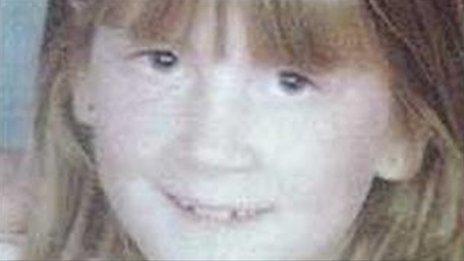Hyponatraemia: Peer calls for updates on child deaths report
- Published
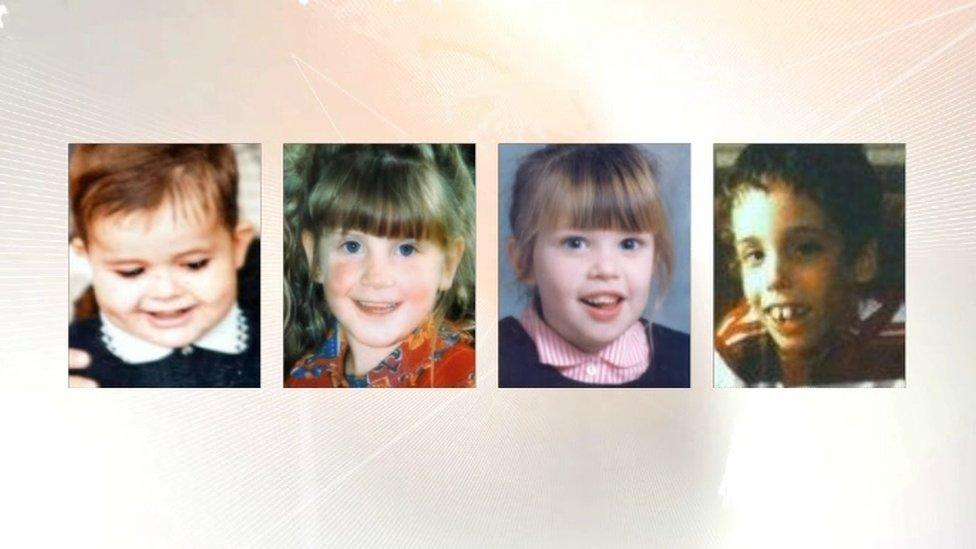
The inquiry directly examined the hospital deaths of three children, the aftermath of the death of a fourth and issues arising from the death of a fifth
The House of Lords has requested that the Department of Health give regular updates on what recommendations have been implemented following the Hyponatraemia Inquiry.
The 14-year inquiry was set up to examine the circumstances surrounding the deaths of five children.
In January, Justice O'Hara QC found that four out of five of those children's deaths were avoidable.
In his report, he made 96 recommendations.
The inquiry examined the circumstances surrounding the deaths of Adam Strain, Claire Roberts, Raychel Ferguson, Lucy Crawford and Conor Mitchell and how a number of hospitals managed fluids in the treatment of those children.
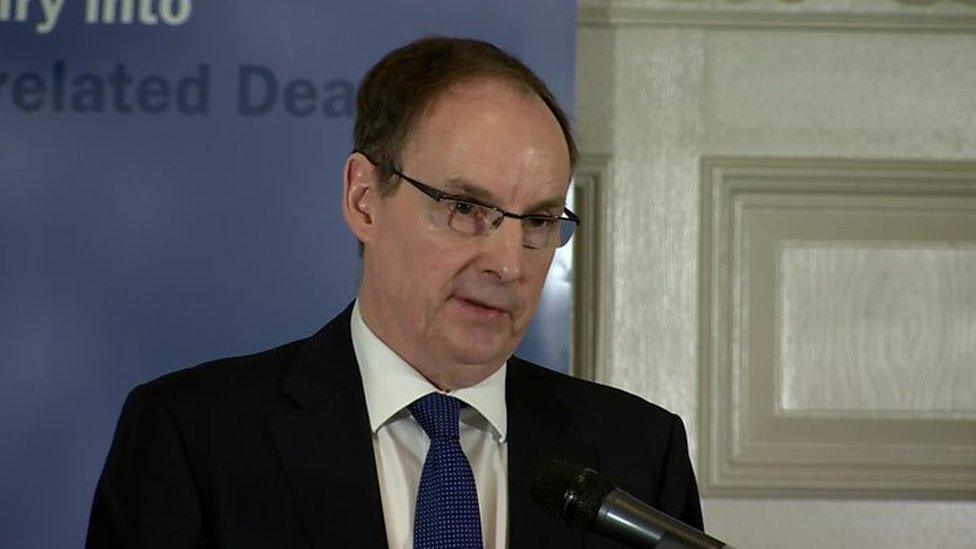
Mr Justice O'Hara made a total of 96 recommendations
Each of the children's stories is different, but the common thread is hyponatraemia - a shortage of sodium in the blood that can be fatal.
The condition can occur when fluids are not administered properly and the issue of hospital fluids management was central to the work of the 14-year public inquiry.
All five children died at the Royal Belfast Hospital for Sick Children (RBHSC) between 1995 and 2003.
Speaking in the House of Lords, Baroness Angela Smith - a former Northern Ireland secretary - who set up the inquiry in 2004, said that in the absence of an Executive, there was a need for updates, political oversight and openness.

A total of 106 doctors and medical professionals gave evidence to the inquiry
"What is needed now is a totally transparent and open process," she said.
"However, the difficulty is that, because there is no assembly and no ministers or executive, we do not know what progress has been made and there is no political direction.
"It seems wrong that a lack of political responsibility in Northern Ireland, with no ministers and no assembly, should prevent action, and prevent those concerned, particularly the families of the children I have mentioned, knowing what action is being taken."
Baroness Smith was speaking during the Northern Ireland Executive Functions Bill where she had tabled an amendment on hyponatraemia.
'Bring some humanity'
At the start of her address, she read out the names of the five children whose deaths were investigated.
It is the first time that the children's names were mentioned in Parliament or that hyponatraemia was subject to debate.
"My amendment provides for the secretary of state to bring some humanity to this issue and to seek six-monthly reports with updates on progress... so that the people of Northern Ireland can be confident that there is some political oversight and openness about what happens now."
When the House agreed that regular updates were required, the amendment was withdrawn.
Viscount Younger of Leckie said he was sympathetic. A meeting had already been set up with the deputy chief medical officer to brief Justice O'Hara QC at the end of November, he said.
In correspondence from the Northern Ireland Office to Baroness Smith, which was seen by the BBC, the parliamentary under-secretary of state for Northern Ireland confirmed that the Department of Health's permanent secretary Richard Pengelly said he would meet Baroness Smith to discuss the progress made around implementing the recommendations.
Concerns
In January this year, allegations emerged from a whistleblower that material from the Western Trust may have been withheld from the inquiry.
On Wednesday morning, Mr Justice O'Hara released a statement confirming he had "concerns" about this issue.
The chairman confirmed that he would be publishing the findings of an investigation into the matter in January 2019.
- Published31 January 2018

- Published31 January 2018
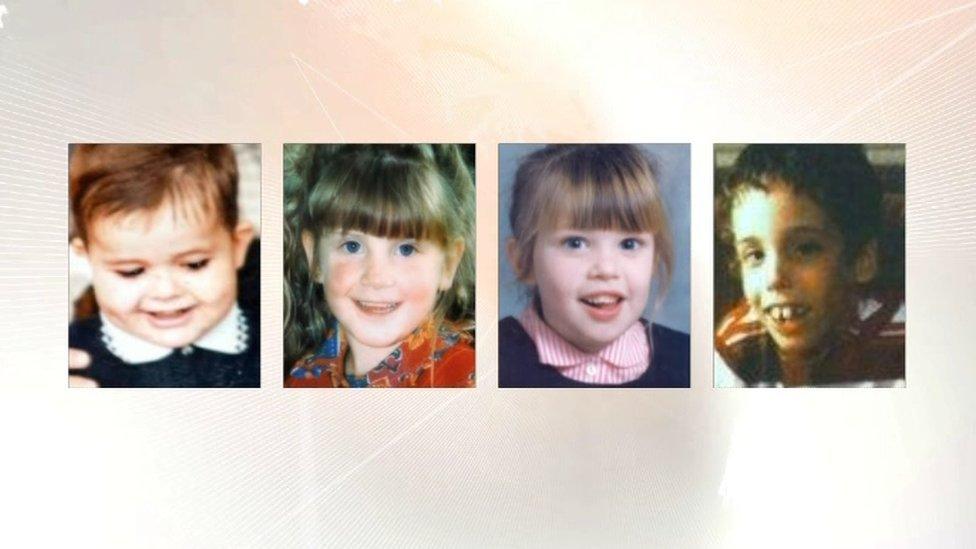
- Published12 November 2013
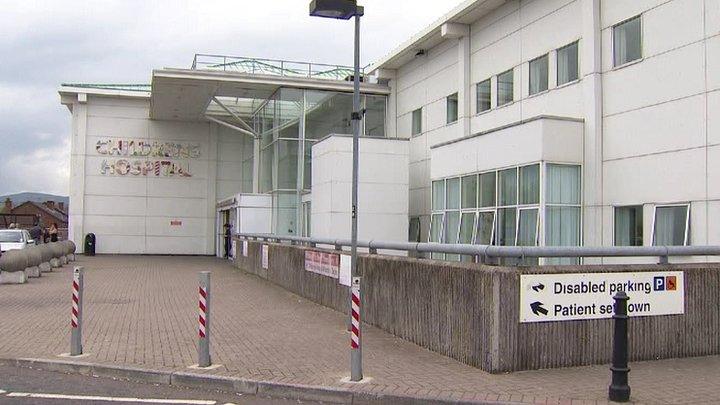
- Published7 November 2013
.jpg)
- Published30 August 2013
